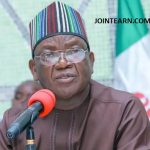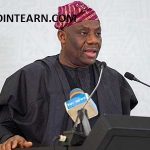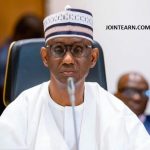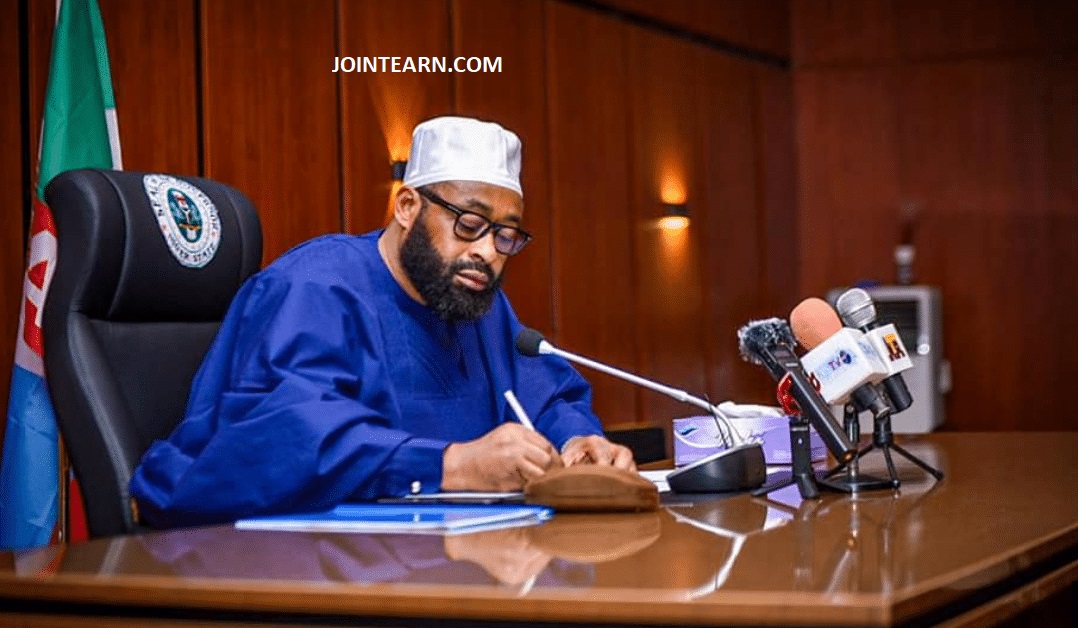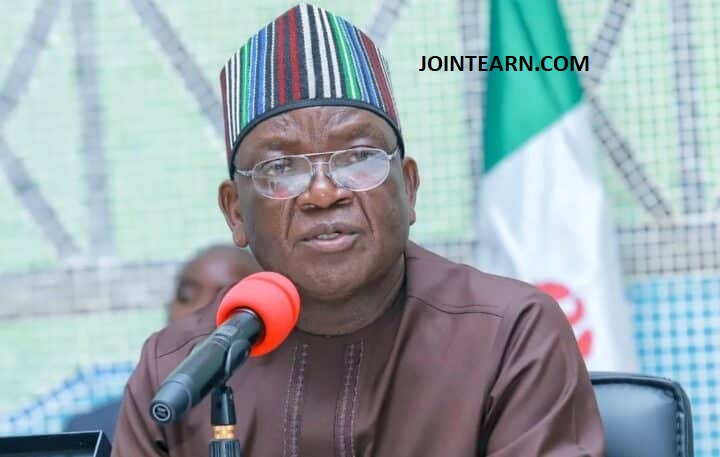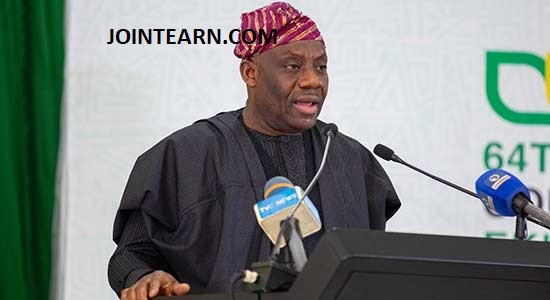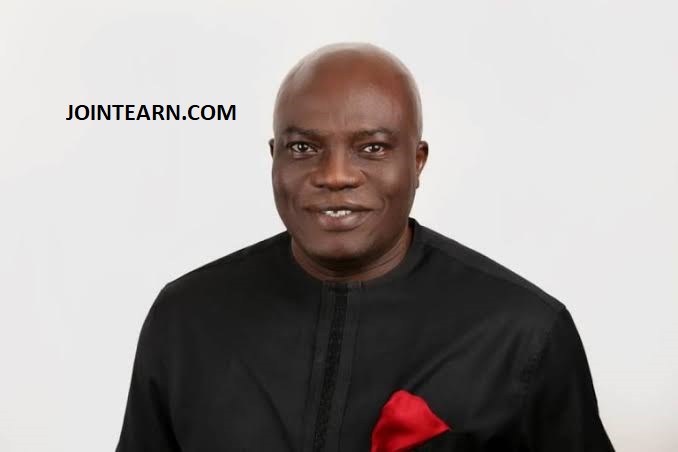Governor Mohammed Umaru Bago of Niger State has officially withdrawn a controversial directive that prohibited the wearing of dreadlocks by civil servants and students in public institutions across the state. The reversal comes amid widespread public backlash, particularly from civil society groups, human rights advocates, and cultural organizations who viewed the directive as discriminatory and a violation of personal freedom.
The initial order, issued earlier in the month, had sparked heated debate on social and traditional media platforms. The now-rescinded policy had instructed heads of schools and public agencies to ensure that individuals with dreadlocks and other “non-conventional” hairstyles be barred from official engagements or classroom participation, citing the need to uphold “discipline and professional appearance.”
However, following sustained pressure and constructive engagement from various stakeholders, Governor Bago on Friday made a public announcement reversing the decision and clarifying his administration’s stance on cultural expression and individual rights.
Emphasis on Tolerance and Freedom of Expression
At a press briefing held at the Government House in Minna, Governor Bago acknowledged that the original directive may have been “misunderstood and misapplied” and stressed that his government has no intention of policing personal appearance or infringing on the rights of individuals.
“In light of recent developments and the concerns expressed by the good people of Niger State and beyond, I hereby withdraw the directive regarding hairstyles and personal grooming in public institutions,” Governor Bago stated. “Our administration is committed to inclusiveness, respect for cultural identity, and freedom of expression, especially among our youths.”
The governor emphasized that the policy was never intended to target any particular group but was misconstrued due to lack of clarity and inadequate communication at the implementation level.
“We are learning, we are listening, and we are open to feedback. Governance must reflect the will and rights of the people,” he added.
Stakeholders Welcome Policy Reversal
The governor’s reversal was met with praise from various quarters, including human rights activists, student unions, and cultural leaders who had opposed the initial directive. Many commended the administration’s willingness to listen to public opinion and correct course.
The President of the National Association of Nigerian Students (NANS), Comrade Usman Bello, lauded the move, calling it “a victory for Nigerian youth and for cultural tolerance.”
“Dreadlocks are not a sign of indiscipline,” Bello said. “They are often a cultural or religious expression. This decision shows that the governor is willing to put the people first and uphold democratic values.”
Similarly, the Committee for the Defense of Human Rights (CDHR) described the policy reversal as a “commendable retreat from an unpopular path.”
“We applaud Governor Bago for respecting the constitutional rights of Nigerians and ensuring that governance reflects dignity and freedom,” the group said in a statement.
Cultural Sensitivity in a Diverse Society
Critics of the initial directive had argued that such a policy could alienate individuals who wear dreadlocks for cultural, spiritual, or personal reasons. For many in Nigeria and the African diaspora, dreadlocks carry historical and cultural significance, particularly among Rastafarian and traditional religious communities.
Legal experts also weighed in, pointing out that any policy that enforces a singular standard of appearance without constitutional backing could be challenged in court.
“Grooming and appearance fall under the right to personal liberty and dignity as protected by the Nigerian Constitution,” said Barrister Gloria Umeh, a constitutional lawyer based in Abuja. “Such regulations must be carefully crafted to avoid infringing on fundamental human rights.”
Calls for Youth Engagement and Reforms
Following the governor’s retraction, civil society organizations have urged the Niger State government to work more closely with young people in policy formation, particularly those policies that directly affect them. They recommended the creation of youth advisory panels, open forums, and inclusive dialogues to avoid future missteps.
“We hope this serves as a turning point for more participatory governance in Niger State,” said Ahmed Sule, coordinator of the Youth Rights Coalition. “Instead of punitive measures, let’s have discussions on values, discipline, and identity with mutual respect.”
Bago Pledges Reform and Open Dialogue
Governor Bago, in his concluding remarks, reiterated his administration’s desire to build a progressive and inclusive state. He pledged to engage youth organizations, cultural leaders, and educational stakeholders in crafting policies that support discipline without compromising individuality.
“We must build a state where everyone feels seen, heard, and respected. I call on all Nigerlites to continue to support our development agenda while upholding unity and mutual respect,” he said.
The governor also directed that schools and ministries halt any ongoing enforcement of the now-reversed policy and warned against harassment or discrimination based on appearance going forward.
Looking Ahead
As public discourse continues to evolve around issues of identity, appearance, and personal freedom in Nigeria, the Niger State incident may serve as a broader reminder of the need for sensitivity in policymaking. For now, Governor Bago’s willingness to revisit his administration’s stance is being celebrated as a positive example of responsive governance.
